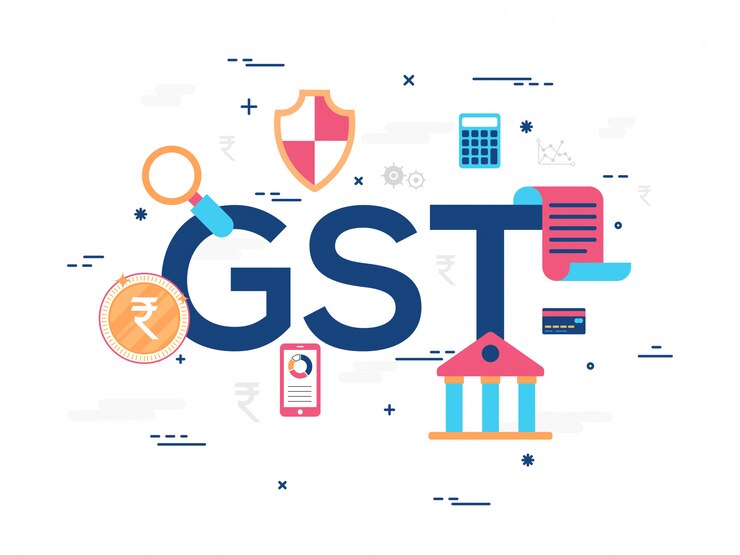GST PORTAL
The GST Portal is a website that provides various services related to the Goods and Services Tax (GST) in India. It is an online platform where taxpayers can register, file returns, pay taxes, and perform other GST-related activities

Customer Rating
4.9
Get Expert Consultation
What is GST Portal?
The GST Portal is a website that provides various services related to the Goods and Services Tax (GST) in India. It is an online platform where taxpayers can register, file returns, pay taxes, and perform other GST-related activities. The GST Portal is managed by the Goods and Services Tax Network (GSTN), a non-profit organization that acts as the IT backbone of the GST system. Some of the features and benefits of the GST Portal are:
- It allows taxpayers to access all GST-related information and services in one place.
- It simplifies the compliance process by providing online forms, validations, and calculations.
- It enables faster processing of refunds and settlements.
- It facilitates coordination and communication between the central and state governments, as well as the taxpayers.
- It provides various tools and resources for taxpayers, such as FAQs, manuals, videos, webinars, etc.

Document Required For GST
PAN Card
Your Permanent Account Number (PAN) card is a unique identification number that you’ll need for tax purposes. It’s a crucial document for filing your income tax return.
Aadhar Card
In many countries, including India, linking your Aadhar Card with your PAN card is mandatory for filing income tax returns.
Photograph
Photograph of the owner or the authorized signatory (in JPEG format, maximum size – 100 KB)
Bank Statements
Bank account details such as a bank statement, a cancelled cheque, or a passbook
Address Proof
Address proof of the principal place of business and any additional place of business, such as electricity bill, rent agreement, property tax receipt, etc.
TYPES OF GST IN INDIA
CGST ACT
CENTRAL GOODS AND SERVICE TAX
The CGST Act, or the Central Goods and Services Tax Act, is a key component of India’s Goods and Services Tax (GST) system. GST is a comprehensive indirect tax reform that was introduced in India on July 1, 2017, to replace a complex and multi-layered tax structure that existed before.
SGST ACT
STATE GOODS AND SERVICE TAX
The SGST Act, or the State Goods and Services Tax Act, is a critical component of India’s Goods and Services Tax (GST) system. GST is a comprehensive indirect tax reform that was introduced in India on July 1, 2017, with the aim of simplifying and unifying the taxation of goods and services across the country.
IGST ACT
INTEGRATED GOODS AND SERVICES TAX
The IGST Act, or the Integrated Goods and Services Tax Act, is a fundamental component of
India’s Goods and Services Tax (GST) system. Introduced on July 1, 2017, GST is a
comprehensive indirect
tax reform aimed at simplifying and unifying the taxation of goods and services across India.
UTGST ACT
UNION TERRITORY GOODS AND SERVICES TAX
As of my last knowledge update in September 2021, there is no specific “UGST Act” (Union Territory Goods and Services Tax Act) in India. The Goods and Services Tax (GST) system in India primarily consists of four main components:
Frequently Asked Questions
If you are still thinking about opting for GSTBOY.COM for your loved ones, you can always check out the common queries about our service and support.
You need to have a bank account with a minimum balance. This could be as little as Rs. 5000. You don’t need to invest any more capital to start the business.
The tax would be received by the taxing authority which has jurisdiction over the place of consumption which is also termed as a place of supply
GST is differentiated in three different types CGST (Central Goods and Service Tax), SGST (State Goods and Service Tax), IGST (Integrated Goods and Service Tax).
The taxes you pay on input goods/services can be used as an Input Tax Credit (ITC) against output tax liabilities
